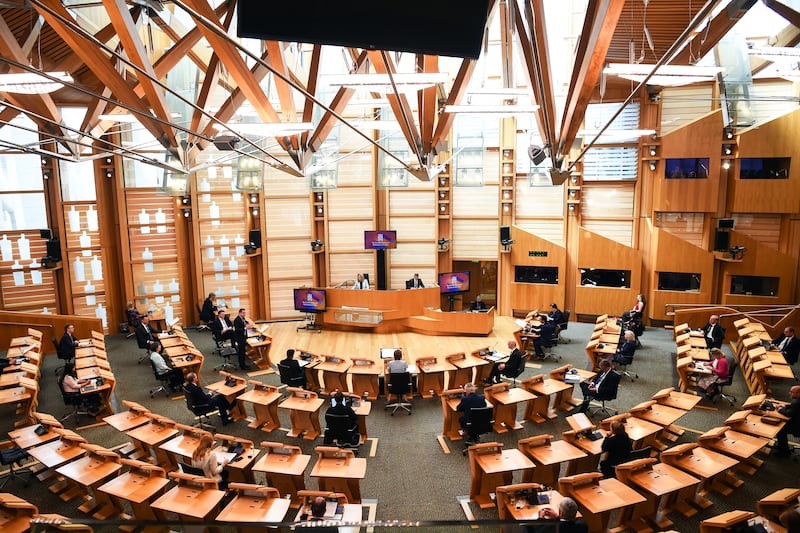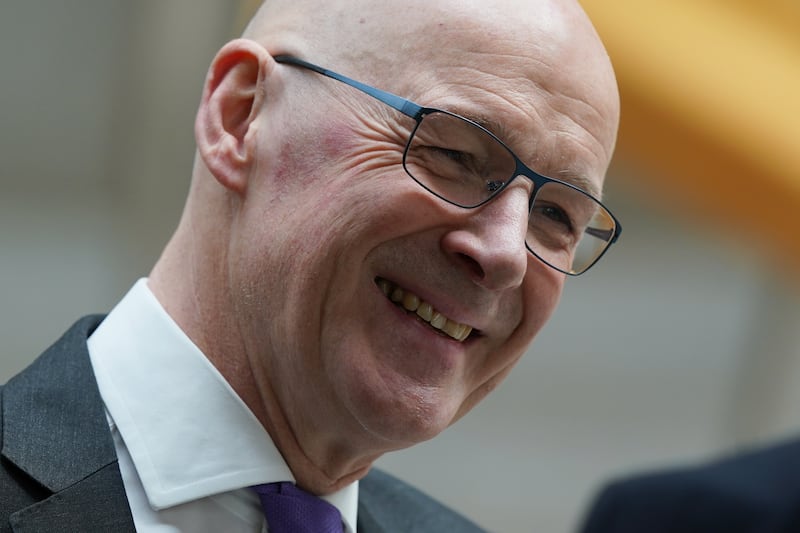The north's public services are suffering long-term decline due to a lack of proper decision-making and a growing budget crisis, according to the latest report from the region's leading think tank.
Pivotal says a lack of strategic planning means services are stuck in a “vicious cycle, where problems are growing and our ability to tackle those problems is shrinking”.
The 'Governing without Government' paper published today highlights how in the absence of the devolved institutions Stormont departments are run by civil servants who are constrained in how they can tailor public services to meet ongoing challenges. It says the situation is exacerbated by depleted budgets set by Secretary of State Chris Heaton-Harris.
The report says that despite making cuts of around £1 billion, a further £1 billion of unfunded spending pressures remains this year, with overspending set to be deducted from future funding allocations.
Key issues include:
• The health service has seen its funding allocation rise yet still faces a shortfall of £732m – while a lack of progress in Bengoa-style transformation means costs continue to increase;
• Education has cancelled programmes like Engage, holiday hunger schemes and Happy Healthy Minds – all early intervention or prevention programmes valued by vulnerable children in particular – but is still £382m over budget (14 per cent of its total allocation);
• Policing accounts for around 60 per cent of the Department of Justice’s budget yet, after cuts of 1.5 per cent its budget before accounting for inflation, the chief constable said balancing the books might be impossible. Since then, catastrophic data disclosures have plunged policing into crisis, although how much this will ultimately cost is as yet unknown.
Pivotal's paper says that urgent restoration of an executive and fully-working assembly would be the best way to mitigate ongoing crises, while acknowledging that the political situation appears to make this unlikely in the short term.
The report recommends that new structures be put in place that allow major decisions to be made about public services amid long-term periods of institutional collapse. It also urges the UK and Irish governments to give greater priority to the restoration of the institutions, and to supporting them when they are in place.
Read more: Think tank Pivotal urges cultural change at Stormont
Think tank report warns Stormomt limbo will see already-strained public services deteriorate further
Pivotal director Ann Watt said the the north's "governance gap is the worst of all worlds".
She said civil servants are technically in charge but their powers remain limited and uncertain.
"Firstly, they are unable to make many positive changes to adapt to ongoing challenges, either in the short- or long-term," she said.
"Secondly, having been handed successive shrinking real-terms budgets, they can neither balance the books nor allocate the money they do have to where it will do the most good – instead, they have been forced to concentrate on making cuts where they are legally able to do so."
Ms Watt said immediate challenges are not being met, while there no focus on long-term strategy.
"Long-neglected issues – like childcare, infrastructure and climate change – remain unaddressed," she said.
"At the same time, it has been impossible to stay within budgets. These overspends are set to be paid back from future years’ budgets. Northern Ireland is in a vicious cycle, where problems are growing and the ability to tackle those problems is shrinking."
The Pivotal director said the prolonged deadlock would have a "long tail of consequences".
"Policy areas which are only going to get more difficult if proper action is not taken include health service reform, educational underachievement, energy policy, an ageing population and regionally balanced growth," she said.
"The ongoing collapse of the institutions is a huge concern and is exacerbating all our problems."








